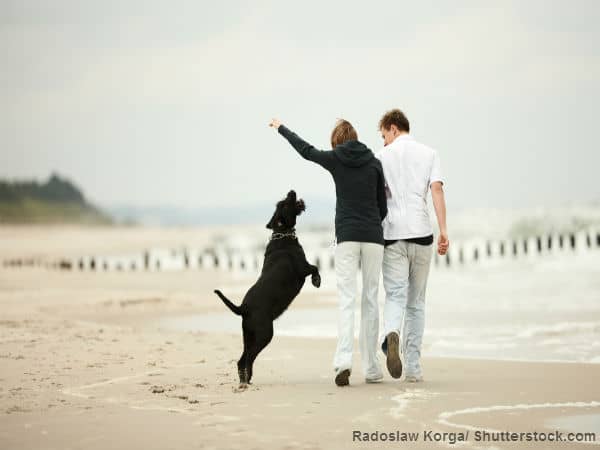I remember the day our two goldfish died. They were my son Alexander’s first pets in our new house, and I had single-handedly kept them alive for three years—an outstanding accomplishment in itself! I got so used to seeing those little fish faces swimming to the surface to say hi! . . . okay, to get food. Still, they were like family. They lived so long, I never thought they would go. The day I walked into Alexander’s room and saw one of them on its side, barely breathing, I was devastated. I got a straw and blew bubbles into their tank, hoping it would be like mouth-to-mouth resuscitation.
Frantic, I called my nephew the animal expert—he had given the fish to us—for advice. He told me once they start floating on their sides, they are close to the end. I couldn’t believe it. I went online, seeking a miracle cure to stop a goldfish from dying. Every time I looked into the tank and saw our sweet pet struggling for breath, tipping over more and more to its side, I prayed that he would right himself. But it was futile. I was shocked at how unwilling I was to let him die. And then, when I realized how much he was suffering, I sat and kept a vigil with him, telling him it was okay to let go. When he finally took his last breath, it became clear that his tank mate was close behind.
I couldn’t imagine that the second fish would want to stay there alone. They’d been together from the start.
When the first one passed, I took him into the yard in a brand-new Tupperware container and held a wake (attended only by me and a few bugs). I didn’t want to bury him, because I knew the other one was close behind and wanted them to be together.
Within two days, both our fish were dead. I was amazed at the tears I shed.
The grief was so intense. It brought forth all the grief I had ever felt. They were just goldfish, but to me they were family. All weekend I felt the sadness over me like a pall. The tears and sorrow would grab me any time. Even though we’d been looking for a doggie for Alexander, I was in no mood to look at other animals. Yet, somehow we ended up at a shelter and within moments, Kismet Brockway Fuhrman walked—and licked—her way into our lives and by that night, into our home.
No one was more shocked than I that the dog we were meant to have would show up just two days after (so tearfully) burying our fish. I was awed at how I knew to dig the hole so deep, so that no animal could get to them in the back yard. Even though it seemed “too soon” to get another pet, my intuition was moving me in another direction. I have no doubt that we were supposed to meet Kismet on that day. I think I grieved so hard for my fish because my soul was cramming three to six months of grieving into 48 hours.
There is a belief held by many that we must grieve for a long time in order to move on. But it may not be true for everyone. Some people are capable of loving and caring for a new pet almost immediately. I was surprised to find that I was one of them. The grief was soon absorbed into the amazing amount of effort, dedication, and work it took to train and care for a puppy.
“Many people worry that getting another pet too soon after losing the one they loved so much is an act of disloyalty to the one who died—but like everything else in grief, that is a very individual matter and varies widely from one person to the next,” says grief counselor Marty Tousley. She points out that there are some people who simply have enough love to go around. Some people need a longer time to grieve and heal, and that should be honored as well. “Then there are some people who discover that it’s not so much that they go looking for another animal, but another animal just seems to find them,” she says.
When the time is right for you, you’ll know.

